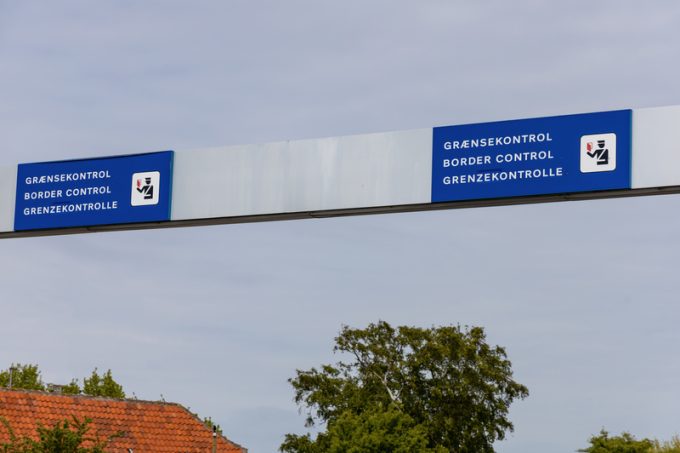Union calls more 'warning strikes' at German ports as talks restart
German trade union ver.di has called on its members to take part in ‘warning strikes’, ...

Supply chain leaders are urging German regulators to rethink a pending expansion of stricter border controls from Monday (16 September) or face major disruption.
Permitting spot checks on anyone crossing any of Germany’s land borders for the next six months at least, the expansion is based on rules in place in Austria since 2014, before being subsequently extended to cover Switzerland, Poland, and Czech Republic last year.
Described by commentators as the “end of [border-free] Schengen ...
Volcanic disruption at Anchorage could hit transpacific airfreight operations
Macron calls for ‘suspension’ – CMA CGM's $20bn US investment in doubt
De minimis exemption on shipments from China to the US will end in May
Trump tariffs see hundreds of cancelled container bookings a day from Asia
Forwarders stay cool as US 'liberation day' tariffs threaten 'global trade war'
Mixed response in US to 'Liberation Day', while China leads wave of retaliation
Tariffs and de minimis set air freight rates on a volatile course
Overcapacity looms for ocean trades – with more blanked sailings inevitable


Comment on this article